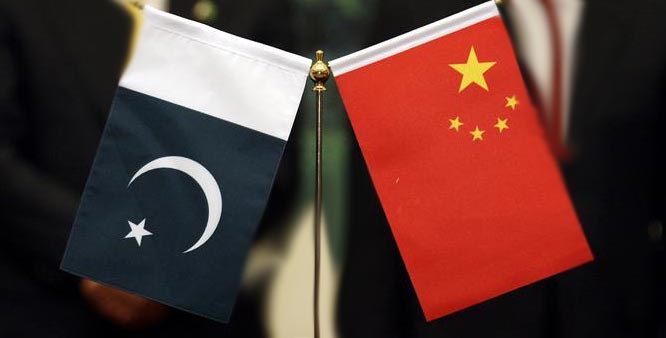ISLAMABAD – Islamabad has reiterated its support to Beijing on South China Sea issue following the ruling of an international tribunal which declared that China had no historical rights in the region.
In a statement issued to media, Foreign Office Spokesman Nafees Zakaria said Pakistan maintains that disputes over the South China Sea should be peacefully resolved, through consultations and negotiations by states directly concerned.
The issue should be discussed in accordance with bilateral agreements and the Declaration on the Conduct of Parties in the South China Sea, he went on to say. He said that Pakistan opposes any imposition of unilateral will on others.
The spokesman said Pakistan believes maintenance of peace and security is the collective responsibility of all parties to the South China Sea.
“Countries outside the region should fully respect efforts made by China and the ASEAN countries to safeguard peace and stability in the South China Sea, and play a constructive role to this end,” the statement said.
Earlier on Tuesday, the tribunal ruled against China’s claims it had “historical rights” in the South China Sea in a bitter dispute that risks further stoking regional tensions.
More than three years after the Philippines asked the permanent court of arbitration in The Hague to dismiss many of China’s sweeping claims in the resource-rich region.
The court said Beijing’s claim of virtual sovereignty over nearly all the South China Sea under a so-called “nine-dash line” runs contrary to UNCLOS, which sets a country’s maritime boundaries 22 kilometres from its coast, and control over economic activities up to 370 kilometres from its coast.
The court ruled China had violated Manila’s sovereign rights by interfering with Philippine fishing and oil exploration activities in the area.
“China had violated the Philippines’ sovereign rights in the exclusive economic zone by interfering with Philippine fishing and petroleum exploration, by constructing artificial islands and failing to prevent Chinese fishermen from fishing in the zone,” the PCA added.
Reacting to the development, Chinese President Xi Jinping rejected the ruling and said “China’s territorial sovereignty and maritime interests in the South China Sea” will not be affected.
It is also pertinent to be mentioned here that China had boycotted the proceedings at the court, saying the body has no jurisdiction over the dispute, and insisted it will not accept, recognise or implement any ruling on the South China Sea, despite being a signatory to UNCLOS along with the Philippines.
In a statement issued just hours before the Hague panel announced its decision, a spokesman for China’s foreign ministry said it would not accept “any so-called material” from the court.














